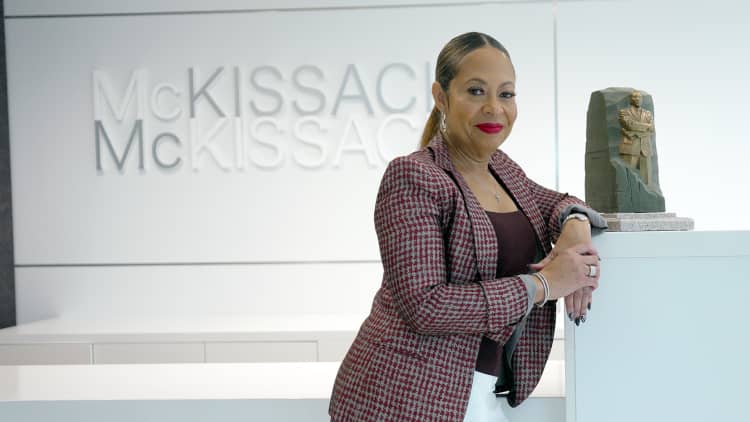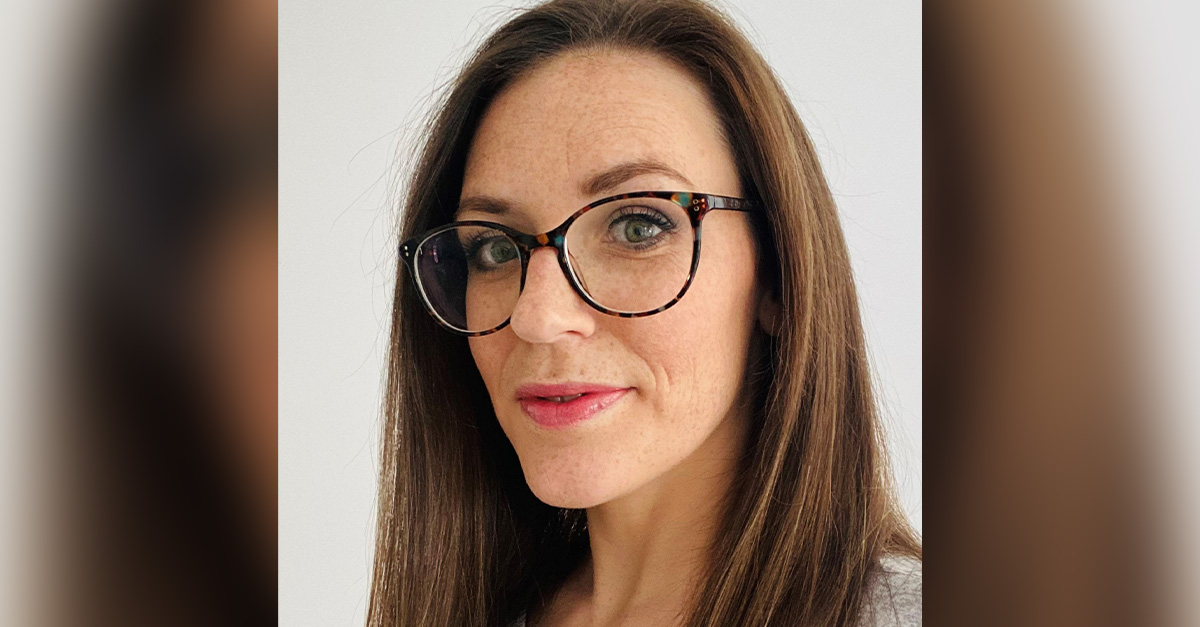63-year-old's business brings in over $25 million a year: How she ditched her most toxic habit
Deryl McKissack, founder and CEO of construction firm McKissack & McKissack, says her short temper used to impede her business. Here's what she did about it.

Deryl McKissack's family has worked in construction since the late 1700s — but she built her own firm herself, from the ground up.
The 63-year-old is the president and CEO of Washington D.C.-based construction firm McKissack & McKissack, which she started with $1,000 of her own savings in 1990. It now brings in more than $25 million per year, according to documents reviewed by CNBC Make It.
McKissack credits at least some of that growth to ditching her most toxic habit as a boss: having a short temper. It's a common habit — 52% of professionals say they've lost their temper on the job, according to a 2018 survey from staffing company Accountemps.
"I was very hot-headed," says McKissack. "[In construction] some things are happening fast, and sometimes you've just got to scream. You've got to curse. And that's how it was back in the day."
DON'T MISS: The ultimate guide to becoming a master communicator and public speaker
A conversation with an executive coach changed her perspective, she says. The coach suggested something simple: Start every meeting with a question, instead of diving right in. The idea was to begin conversations more congenially, rather than coming in hot every time.
At first, McKissack didn't fully understand the advice. "One day, my question was, 'WTF?'" she says, adding that her meeting "exploded" because of it. "So you have to start with a real question." That could be an icebreaker like "How was your weekend?" or something more work-related, like "How do you all feel about the upcoming project?"
By shifting her communication style, McKissack became more empathetic and approachable to her employees, she says. She gives them advice and positive affirmations, and makes sure she's "mentally healthy" before having conversations.
In turn, her employees are more energized, collaborative and responsive to feedback — boosting their performance and growing the company's bottom line, says McKissack.
How to handle anger in the workplace
It's easy to feel underappreciated, stressed or downright angry at times. Understanding the root cause can help you find a solution, workplace researchers Liz Fosslien and Mollie West Duffy wrote for the Harvard Business Review in 2022.
"Don't immediately take your emotions out on another person, but acknowledge what you're feeling," the pair wrote. "We recommend first giving yourself time to calm down before you make any major moves. When we're upset, we're less able to think strategically."
If time passes and you still aren't calm, try mindfulness exercises: Even short meditation sessions can help ease frustrations, Mindvalley CEO Vishen Lakhiani told Make It last year.
"You can take a one- to three-minute dip into peacefulness, and you can see remarkable results," Lakhiani said. "The biggest benefits are going to happen in the first few minutes."
Once you've cleared your head, you can more easily hold level-headed conversations about the source of your anger. Try to avoid venting, or blurting out your grievances, Fosslien and West Duffy wrote. Instead, try using a formula like "When you _______, I feel _______" to better make your point.
Want to be a successful, confident communicator? Take CNBC's new online course Become an Effective Communicator: Master Public Speaking. We'll teach you how to speak clearly and confidently, calm your nerves, what to say and not say, and body language techniques to make a great first impression. Get started today.
Plus, sign up for CNBC Make It's newsletter to get tips and tricks for success at work, with money and in life.


 ValVades
ValVades 































